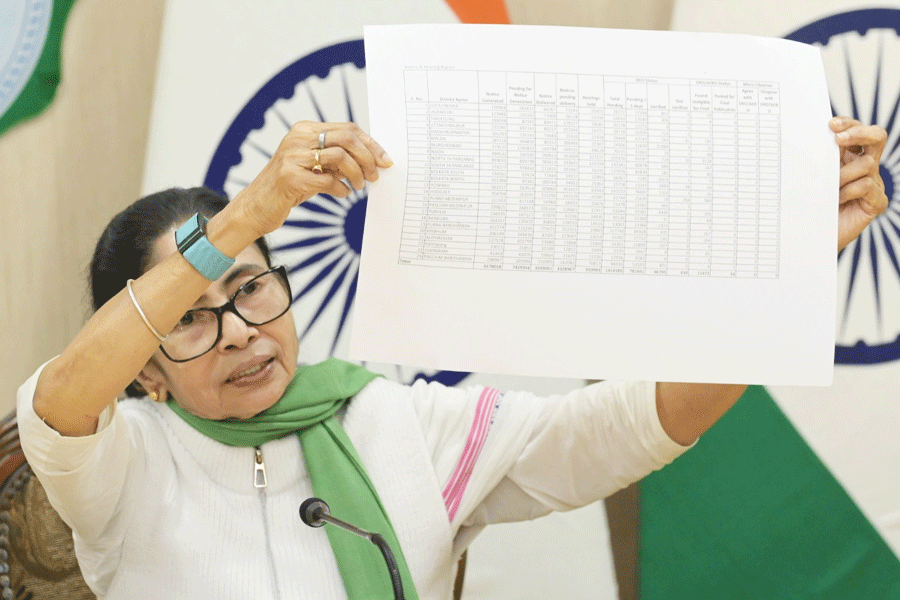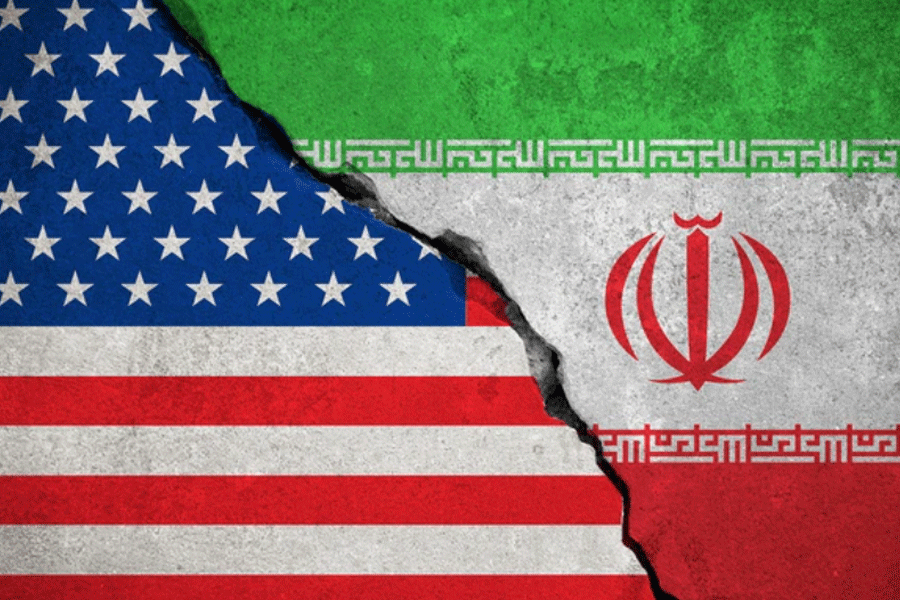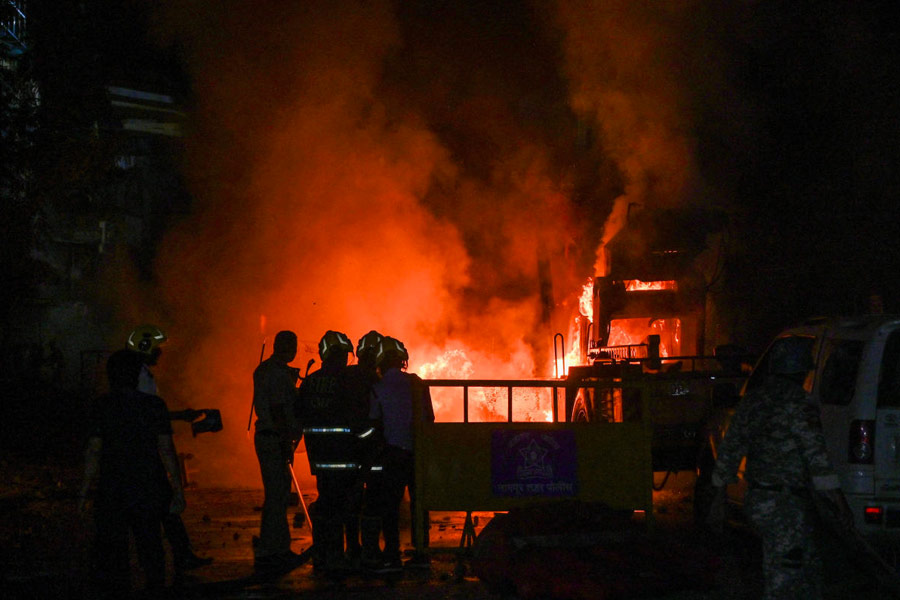
Neha Prasad has marriage on her mind — but has decided not to tie the knot with her boyfriend of five years till she can sign a prenuptial agreement with him. Women and child development (WCD) minister Maneka Gandhi is contemplating amending marriage laws to add a clause about division of property in the event of a divorce, and Prasad is all for it.
“I want everything to be clearly stated before entering into a long-term commitment,” says the high-flying executive from Hyderabad.
Since most divorces end up in ugly battles, a pre-nup — as a pre-nuptial agreement is informally called — is seen in some quarters as a way of shortening or averting what can be a lengthy process.
Sources in the WCD ministry state that it is considering such an agreement in a bid to ensure that women get what’s due to them without going through a protracted court battle. Such an agreement will also cover women in live-in relationships.
Gandhi has held talks with law minister Sadanand Gowda on this. On November 23, the issue was discussed with experts such as former additional solicitor general Indira Jaising and representatives from the women’s group Jagori.
Jaising, who welcomes the move, believes that it will reduce the scope for dispute in the event of a separation and move these issues outside the framework of criminal law.
“It’s time we saw a civilised way to ending a marriage with as little impact on the mental, emotional and financial health of the parties as possible. Divorce in India is not considered desirable and women often feel that it diminishes their economic and social status. Pre-nuptial agreements can take care of the economics of a marriage,” Jaising says.
Divorce lawyers agree that such pre-marital contracts, which are legal in many Western countries, are increasingly becoming popular among sections of people in India who wish to avoid lengthy litigation. Many see it as a practical clause in a marriage contract.
“It’s just a signed, notarised and registered document for the fair division of money, assets, liabilities and also custody of children if a marriage falls apart in the future,” says Purvi Shah, a senior Mumbai lawyer who deals with matrimonial cases.
Though such contracts have no legal sanctity yet, lawyers can make a case out of a breach. For instance, if someone breaks a pre-nuptial agreement signed on a stamped and notarised paper it becomes a case of fraud, which is a ground for divorce under the Marriage Act.
Shah mentions one such case where a couple had an inter-faith wedding. But before the marriage they signed a pre-nuptial agreement stating that neither would force the other to change his or her religion. However, two years down the line, the wife pressurised him to change his religion and the husband sought a divorce. “When we produced the pre-nuptial agreement to defend our client’s decision, it was upheld by the judge,” Shah says.
Lawyer Mrunalini Deshmukh believes that there can be amendments to all marriage laws, giving couples the option of a pre-nuptial agreement. “But there has to be a provision within the act to ensure its speedy and efficacious execution,” she points out.
Deshmukh and Shah stress that there is an increasing demand for pre-nuptial contracts now. Deshmukh says she gets four to five such queries a month. Shah adds that it has gone up by 15 per cent in the last two years because of the “vast exposure and understanding between couples and families”.
Pre-nuptial agreements can also protect a people from their partners’ debt loads, prevent their business or estate from getting divided, ensure maintenance or alimony, guarantee remarriage rights and take care of child support and custody issues.
But some legal experts and activists wonder how the move will help the vast majority of women who are mostly rural, poor, uneducated and unaware of their rights.
“Pre-nuptial agreements can help women get maintenance and property rights without the battle. But there are high chances of the uneducated and the poor getting short-changed,” says Mumbai lawyer Mridula Kadam.
Jagori member Geetha Nambisan echoes Kadam’s apprehensions. How many women, she wonders, actually do get to exercise their choices? In an arranged marriage, will she have a say on the provisions of a pre-nuptial agreement?
“There are no data to indicate that life will be easier for women with pre-nuptial agreements. Implementation is a big issue and women’s rights should be upheld in the whole process. All aspects should be well considered before it goes on to become a law,” Nambisan says.
Some men’s groups are concerned, too.
“We welcome the move to legalise pre-nuptial agreements since they may put to rest the unrealistic alimony demands from spouses. But there shouldn’t be any gender bias and everyone should be consulted,” says Anil Kumar, founder member of Save Indian Family Foundation (Siff), a male rights group. According to Siff, around five lakh divorces take place each year.
Lawyer Flavia Agnes points out that in Goa, where there are provisions for pre-nuptial agreements, men are in favour of drawing up such contracts. “If you don’t draw a pre-nup the entire property gets divided equally between the couple. So the husband does it to avoid giving an equal share of property to the wife,” Agnes points out.
She stresses the need for “social conditions” to help people make the most of a law. “Pre-nuptial agreements have existed in Islam since the seventh century. But can Muslim women here exercise the same right as women in Arab countries? If a woman starts setting conditions to her advantage, the men may not marry at all,” she states.
In a country like India, a pre-nup agreement will be restricted to the urban elite, feels sociologist Ruchira Goswami, who teaches at NUJS, Calcutta. “Though divorces are rising, the stigma attached to it is hardly fading. The entire presumption of a pre-nuptial agreement is that the marriage will break. For a vast majority in India, marriages are still made in heaven. I think if it’s made into a law it will be limited to the urban elite.”
Advocate Malavika Rajkotia feels that if pre-nuptial agreements are made legal, they may be beneficial, provided the bargaining power of the two sides are equal, which given India’s gender dynamics on matters of marriage seems improbable. “However it is an exercise that deserves to start anyhow for the law to develop around it,” Rajkotia adds.











